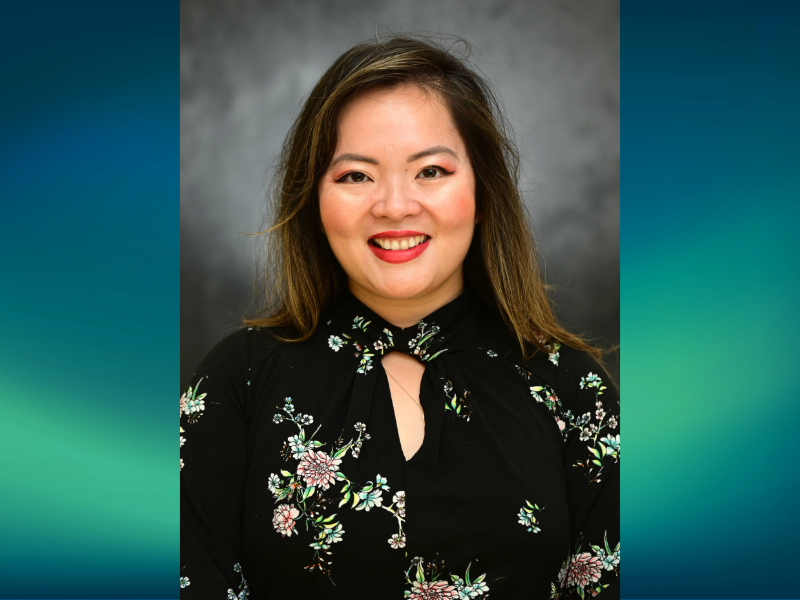Celebrate National Primary Care Week by Finding a Primary Care Doctor
The first week of October is National Primary Care Week, and Dr. Vy Anh Mai wants to remind people that the foundation of good health starts with one simple step: establishing a relationship with a primary care physician.
“If there’s a great way to celebrate this week, it’s to actually have a primary care physician,” said Dr. Mai, a Med-Peds physician at Tulane University School of Medicine. “It doesn’t matter how young or old you are. The best way to honor this week is to make sure you’re up to date with your annual visit.”
Dr. Mai said she’s seen firsthand how important those preventive visits can be. Even when patients feel healthy, establishing a relationship with a primary care provider allows for early detection of health issues and sometimes lifesaving intervention.
“I’ve caught cancers in individuals who may have had mild or even no symptoms at all,” she said. Dr. Mai always reminds her patients to get their routine screenings, and those screenings have revealed skin, breast, and colon cancers.
Dr. Mai says many people wait until their 30s or later to find a primary care doctor, often after they’ve aged out of pediatric care and start noticing new health concerns. Others rely on emergency rooms or urgent care centers when problems arise instead of building an ongoing relationship with a provider. But continuity of care, she emphasized, is what makes primary care so valuable.
“What I love most is creating relationships with patients and their families,” said Dr. Mai. “I get to see the kids of my adult patients and follow them as they grow up. That trust and rapport mean everything.”
Dr. Mai’s path to primary care was shaped by her experience during residency, when she often saw patients hospitalized for preventable complications.
“It really broke my heart seeing people come in and out for the same thing,” she said. “I kept thinking, if they’d had good outpatient guidance and preventive care, maybe they wouldn’t have ended up here with something as devastating as a heart attack or an amputation.”
Now, working in outpatient medicine gives her the chance to intervene earlier and empower patients to take charge of their health.
“We’re here to help,” Dr. Mai said. “Even if you feel fine, having a primary care doctor who knows your history makes all the difference when something unexpected comes up.”

